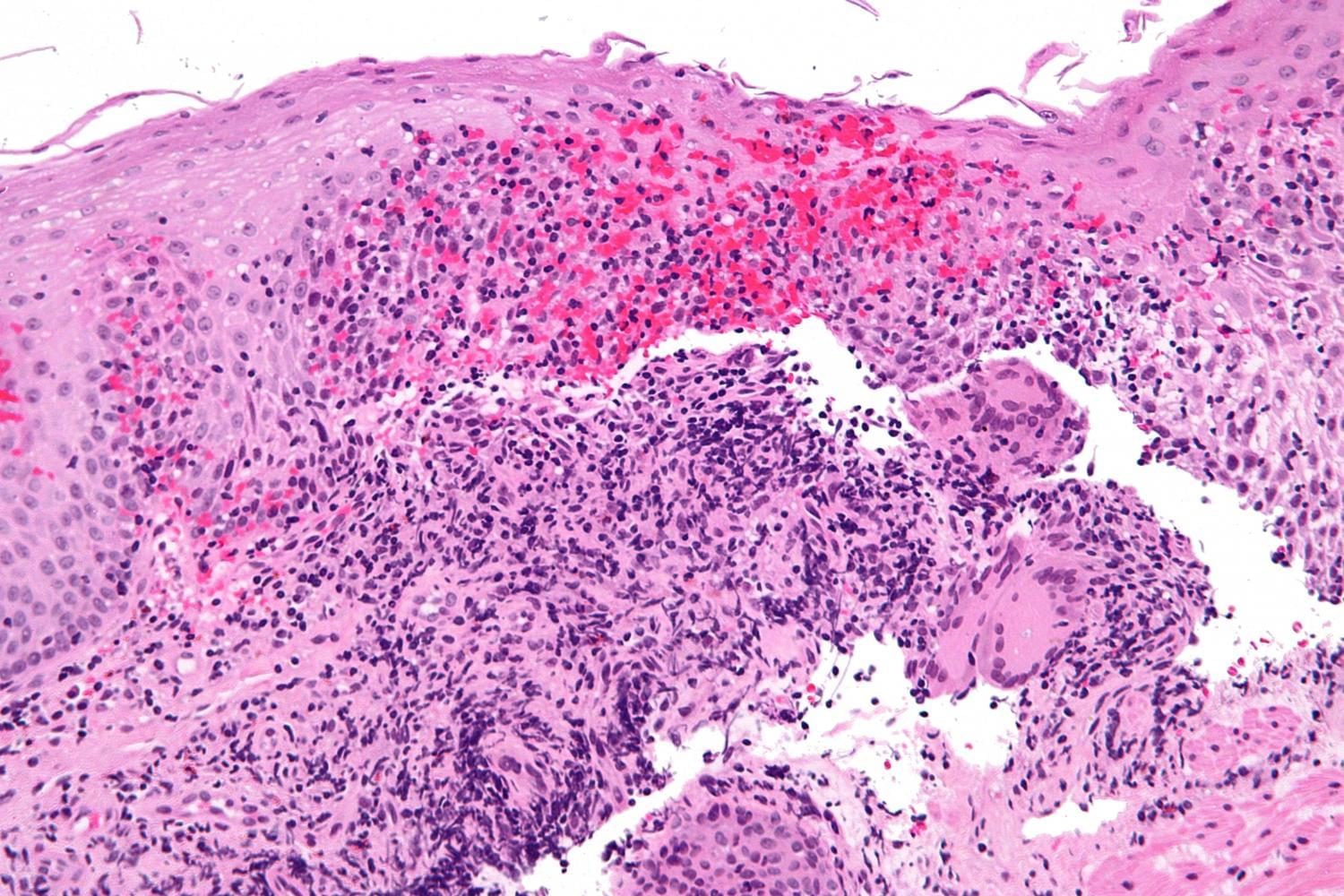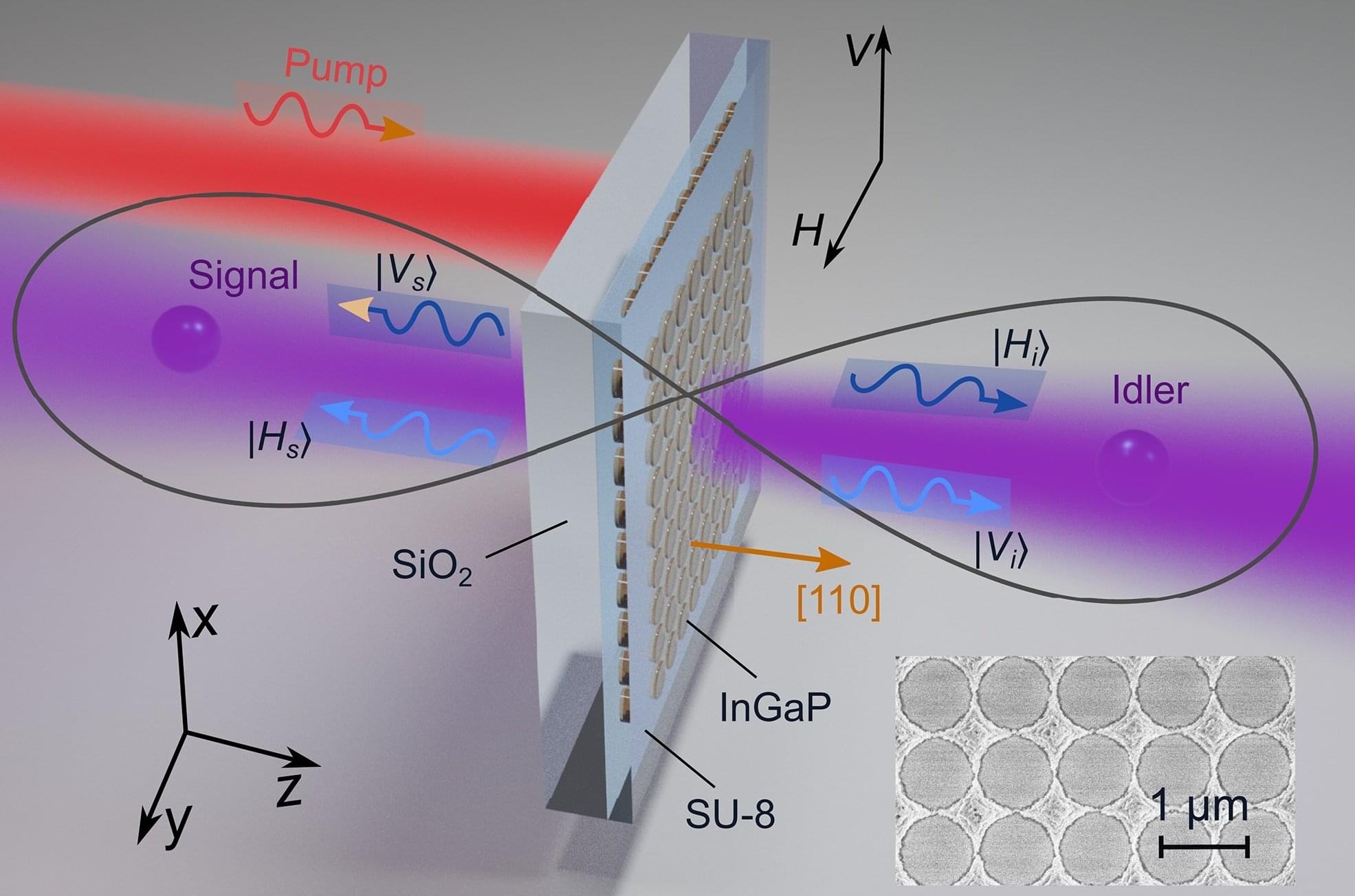Using data and digitalization technologies could revolutionize industries and contribute to net-zero climate goals.
Get the latest international news and world events from around the world.
“Your move, Tesla” — Waymo Swallows Tesla Robotaxi Service Area In One Gulp
Questions to inspire discussion.
🤝 Q: What are the potential issues with the Uber-Lucid-Neuro robotaxi partnership? A: The partnership is a “cluster f waiting to happen” due to independent entities involved, which typically end in a “messy divorce”, making it potentially uncompetitive against fully integrated solutions like Tesla’s.
🗺️ Q: How does Tesla’s robotaxi service area expansion compare to Waymo’s? A: Tesla expanded its service area in 22 days, while Waymo’s first service area expansion in Austin, Texas took 4 months and 13 days, demonstrating Tesla’s faster and more aggressive approach to expansion.
Business Viability.
💼 Q: What concerns exist about the Uber-Lucid-Neuro robotaxi partnership’s business case? A: While considered a “breakout moment” for autonomous vehicles, the business case and return on investment for the service remain unclear, according to former Ford CEO Mark Fields.
🏭 Q: What manufacturing advantage does Tesla have in the robotaxi market? A: Tesla’s fully vertically integrated approach and ability to mass-manufacture Cyber Cabs at a scale of tens of thousands per month gives it a significant cost-per-mile advantage over competitors using more expensive, non-specialized vehicles. ## Key Insights.

Guselkumab demonstrates superior efficacy in clinical trials, offering new hope to Crohn’s disease patients
In a major advance for patients with Crohn’s disease, a new study led by researchers at Mount Sinai Health System found that guselkumab, a medication with a mechanism of action that is new to inflammatory bowel disease (IBD) treatment, outperformed an established standard of care in promoting intestinal healing and symptom relief.
These findings from two pivotal Phase III trials known as GALAXI 2 and 3, published in The Lancet, provided the basis for the recent Food and Drug Administration approval of guselkumab (brand name Tremfya) for the treatment of moderately to severely active Crohn’s disease.
Crohn’s disease affects roughly 780,000 people in the United States and often requires a lifetime of management. Despite numerous available biologic medications, many patients fail to achieve sustained remission. Guselkumab blocks the interleukin-23 (IL-23) pathway, a key driver of chronic intestinal inflammation.


MIT’s new AI can teach itself to control robots by watching the world through their eyes — it only needs a single camera
This framework is made up of two key components. The first is a deep-learning model that essentially allows the robot to determine where it and its appendages are in 3-dimensional space. This allows it to predict how its position will change as specific movement commands are executed. The second is a machine-learning program that translates generic movement commands into code a robot can understand and execute.
The team tested the new training and control paradigm by benchmarking its effectiveness against traditional camera-based control methods. The Jacobian field solution surpassed those existing 2D control systems in accuracy — especially when the team introduced visual occlusion that caused the older methods to enter a fail state. Machines using the team’s method, however, successfully created navigable 3D maps even when scenes were partially occluded with random clutter.
Once the scientists developed the framework, it was then applied to various robots with widely varying architectures. The end result was a control program that requires no further human intervention to train and operate robots using only a single video camera.
Are sand batteries the future of clean energy storage?
Sand batteries are emerging as a viable alternative to lithium-ion for thermal energy storage, capable of holding heat with minimal loss.


What ever-growing incisors can teach us about genetic disease
Teeth may seem like static fixtures, but a new collaboration between engineers and clinicians is proving just how dynamic, informative and medically significant our teeth can be.
In a study, published in ACS Applied Materials & Interfaces, engineers and dentists come together to uncover how teeth, as biological material, hold key information for understanding rare craniofacial disorders that develop during childhood.
Kyle Vining, Assistant Professor in Materials Science and Engineering (MSE) and in Preventive and Restorative Science at Penn Dental Medicine, leads this interdisciplinary team, which includes Yuchen (Tracy) Jiang, a former master’s student in MSE, Kei Katsura, a pediatric dentist and KL2 postdoctoral research scholar at Children’s Hospital of Philadelphia (CHOP) and the Institute of Translational Medicine and Therapeutics at Penn, and Elizabeth Bhoj, Assistant Professor of Pediatrics in Penn Medicine and the Division of Human Genetics at CHOP.

A new way to wobble: Scientists uncover mechanism that causes formation of planets
Instead of a tempest in a teapot, imagine the cosmos in a canister. Scientists have performed experiments using nested, spinning cylinders to confirm that an uneven wobble in a ring of electrically conductive fluid like liquid metal or plasma causes particles on the inside of the ring to drift inward. Since revolving rings of plasma also occur around stars and black holes, these new findings imply that the wobbles can cause matter in those rings to fall toward the central mass and form planets.
The scientists found that the wobble could grow in a new, unexpected way. Researchers already knew that wobbles could grow from the interaction between plasma and magnetic fields in a gravitational field. But these new results show that wobbles can more easily arise in a region between two jets of fluid with different velocities, an area known as a free shear layer.
“This finding shows that the wobble might occur more often throughout the universe than we expected, potentially being responsible for the formation of more solar systems than once thought,” said Yin Wang, a staff research physicist at the U.S. Department of Energy’s (DOE) Princeton Plasma Physics Laboratory (PPPL) and lead author of the paper reporting the results in Physical Review Letters. “It’s an important insight into the formation of planets throughout the cosmos.”

Approach improves how new skills are taught to large language models
Researchers have developed a technique that significantly improves the performance of large language models without increasing the computational power necessary to fine-tune the models. The researchers demonstrated that their technique improves the performance of these models over previous techniques in tasks including commonsense reasoning, arithmetic reasoning, instruction following, code generation, and visual recognition.
Large language models are artificial intelligence systems that are pretrained on huge data sets. After pretraining, these models predict which words should follow each other in order to respond to user queries. However, the nonspecific nature of pretraining means that there is ample room for improvement with these models when the user queries are focused on specific topics, such as when a user requests the model to answer a math question or to write computer code.
“In order to improve a model’s ability to perform more specific tasks, you need to fine-tune the model,” says Tianfu Wu, co-corresponding author of a paper on the work and an associate professor of computer engineering at North Carolina State University.